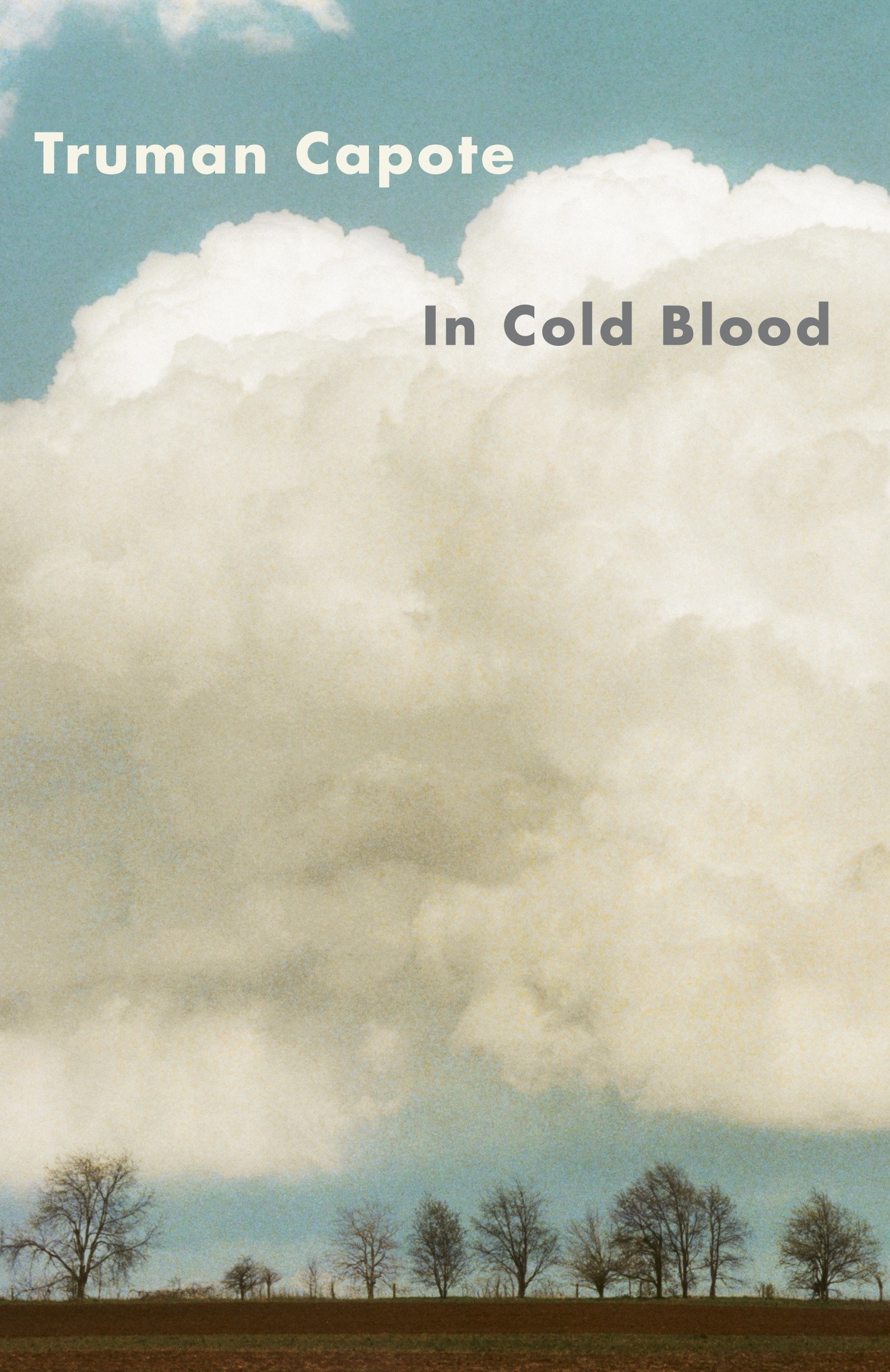Truman Capote, In Cold Blood (1966)
In writing about my travels in India and Nepal, one of the core questions, briefly phrased, is What the hell was I thinking? I have been focused on this question from the angle of what put the notion of India into my head in the first place, but it seems that much of the story is the clash between prior notions and what I actually faced once I’d arrived, and how I responded to that dissonance.
One way I responded, of course, was to read books. In the time before ubiquitous internet, when even English-language cable content was hit or miss, books were the companions you had when you retreated to your hotel room, or while waiting for a banana pancake and a lemon soda that for some reason are taking over an hour to prepare. I read a great deal on the road, and the books influenced my mindset as I confronted the unknown, whether it was reading Migraine and thinking I was having them, or reading House of the Dead and beginning to see cheap South Indian hotels as gulags.
What I chose to read is also a reflection on my thinking at the time. I don’t think I read a single book about India or by an Indian while I was traveling. Reading was my escape from an overwhelming experience. But what I did choose — constrained, of course, by what was available in whatever used bookstore I was browsing at the time — was … Well, it was sometimes pretty weird. Why read about Dostoevsky in Siberia? Or why, still jet lagged and addled in Bombay, did I walk out of the Taj Mahal Hotel bookstore with In Cold Blood? I hadn’t ever read true crime before, and maybe I just thought it would be gripping enough to keep me enthralled through the difficult nights ahead, but I’m not sure psychopathic murderers on a travel spree was the best thing for me at that moment. I remember feeling like a walking moneybag amid Bombay in all its poverty and not knowing how you might recognize the sort of badmash who would stab you for your wallet, although eventually I consoled myself with the thought that unlike in New York City, here I was at least bigger than most of the people around me.
So you want a review of In Cold Blood? Jesus, did you not read it in high school or something? Or maybe see the movie, in which murderer Perry Smith is played by future murderer Robert Blake? Or see Capote, for which Seymour Philip Hoffman won an Oscar nine years before he overdosed? Well, it’s the story of two psychopaths who murder a very nice Kansas family and then drive around for a while and then get caught and executed.
The style, revolutionary at the time, was novelistic, and there have been questions about its veracity, which Capote insisted on, to his detriment. This was before The New Journalism of Tom Wolfe or the gonzo journalism of Hunter S. Thompson, before Helter Skelter and Mindhunters. Neither true crime nor novelistic journalism were yet prominent. As with many influential works, you have to squint to see what was so startling in it because so much of it has become commonplace. Sgt. Pepper’s thematic structure, its songs fading into each other, its sound effects and studio trickery, blew everyone’s minds in 1967, but none of that seems so extraordinary if you grew up on Dark Side of the Moon and The Wall and hip-hop. But Sgt. Pepper has great songs, and In Cold Blood has Kansans and losers. Its questioning of capital punshment and of the criminal responsibility of emotionally and physically damaged people is too shallow to amount to much in today’s terms, though again these may have been bold questions at the time, the beginnings of a long conversation.
It’s also worth noting that as an inveterate New Yorker junkie flown to Bombay, I gravitated, entirely by accident, to a book originally serialized in that magazine. (The other book I bought that day was Migraine, by frequen New Yorker writer Oliver Sacks.) You can take the boy out of New York, but you can’t take The New Yorker out of the boy.

